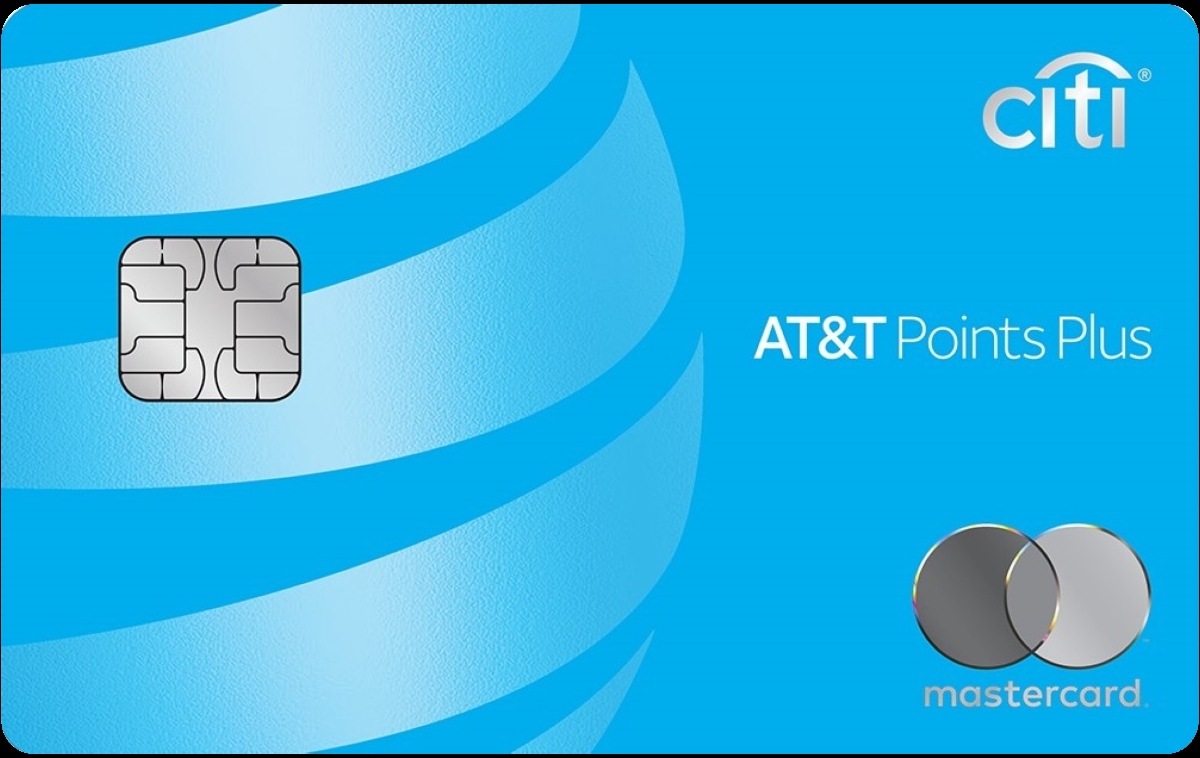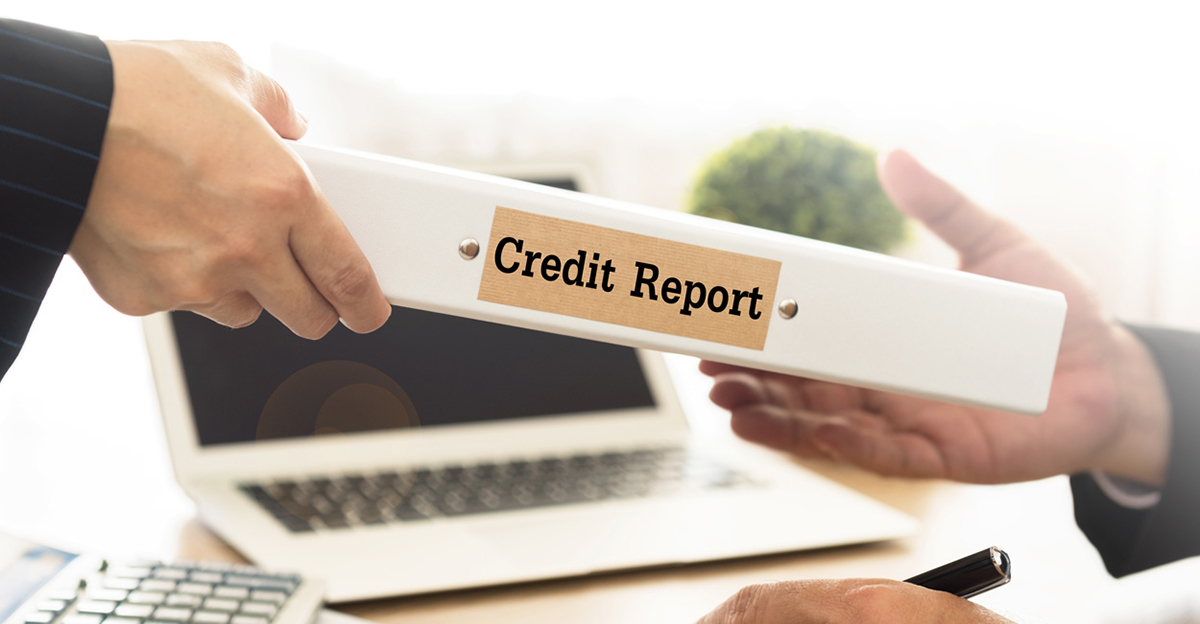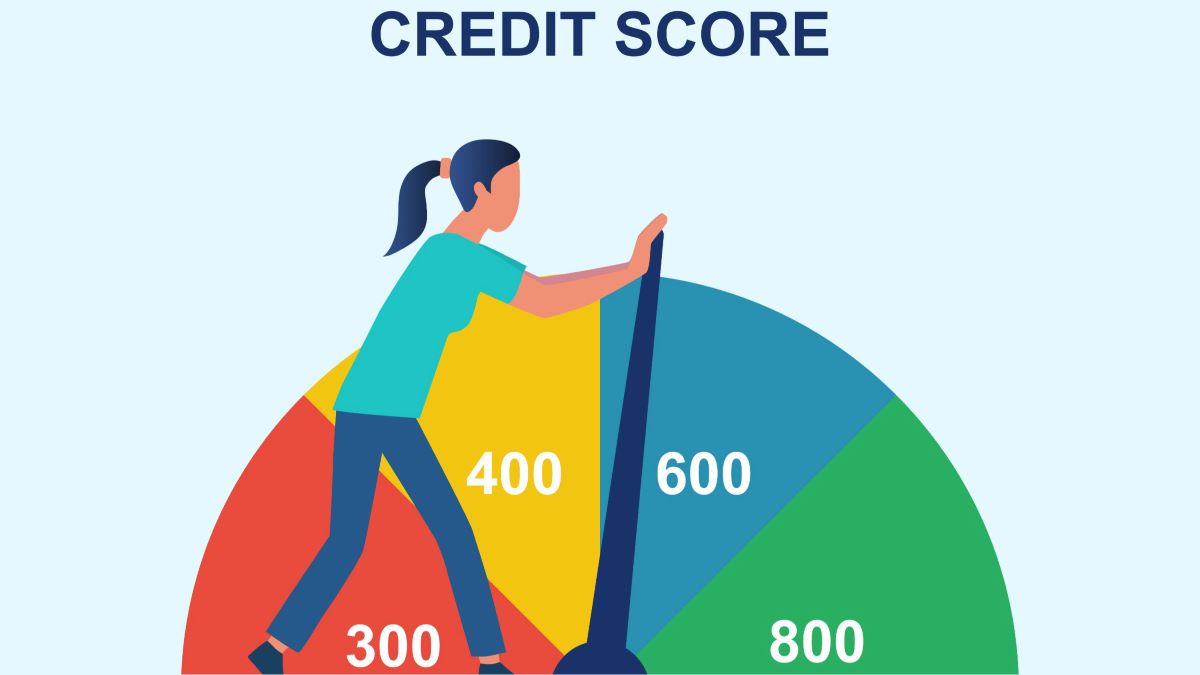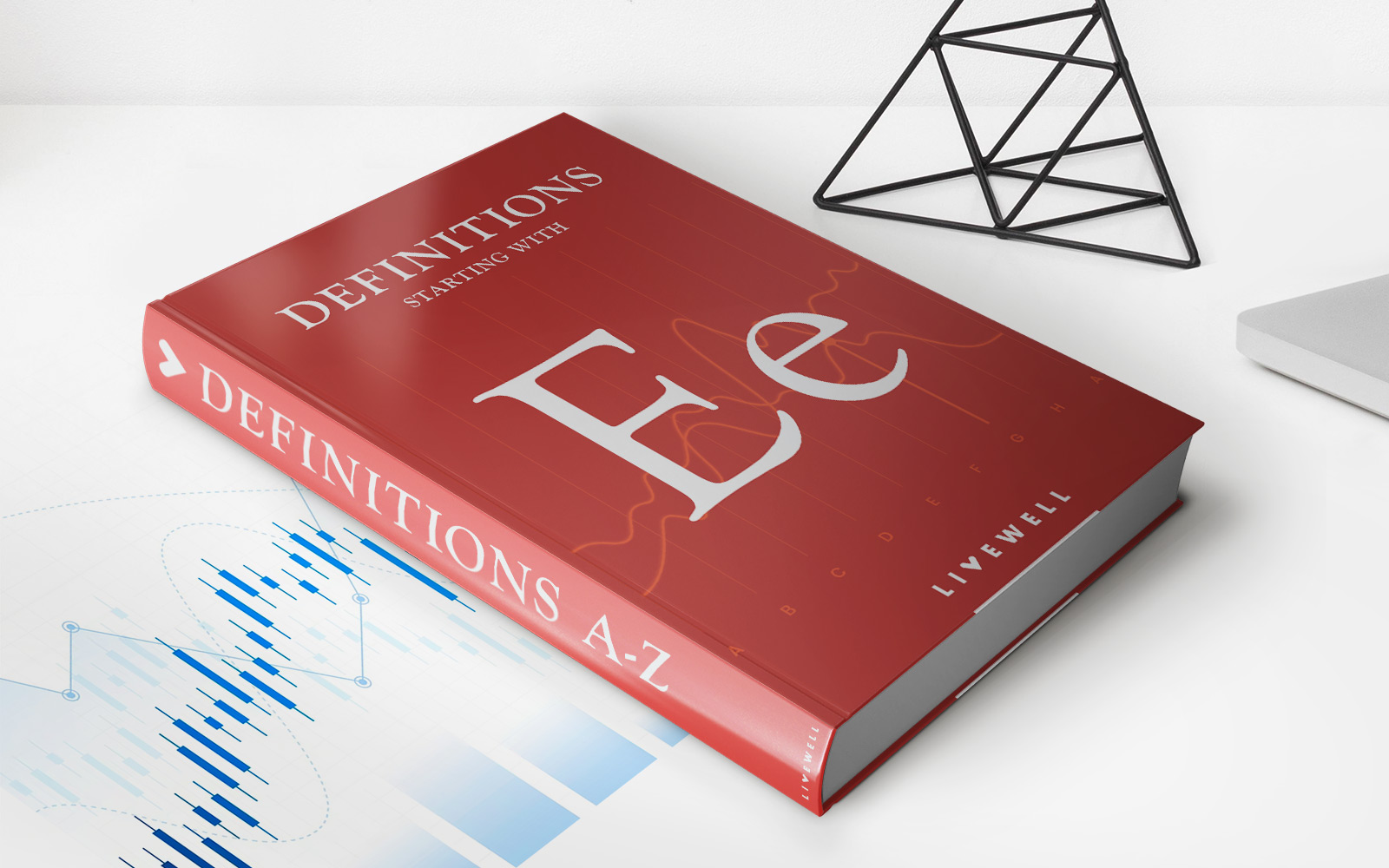

Finance
What Credit Bureau Does Chase Use
Modified: March 3, 2024
Looking for finance-related information? Find out which credit bureau Chase Bank uses for their credit checks and lending decisions.
(Many of the links in this article redirect to a specific reviewed product. Your purchase of these products through affiliate links helps to generate commission for LiveWell, at no extra cost. Learn more)
Table of Contents
Introduction
When it comes to credit, it’s important to know where you stand. Whether you’re applying for a credit card, loan, or mortgage, lenders want to evaluate your creditworthiness. One of the key tools they use to make this assessment is your credit report, which is compiled and maintained by credit bureaus.
Credit bureaus are agencies that collect and analyze data related to your credit history, payment patterns, and financial behavior. They compile this information into a credit report, which contains details about your credit accounts, balances, payment history, and any negative information such as late payments or bankruptcy.
Financial institutions, like Chase, rely on credit bureaus to provide them with accurate and up-to-date credit information. This helps them make informed decisions about lending money and managing risk. By reviewing your credit report, they can assess your creditworthiness and determine if you qualify for credit products, as well as the terms and conditions that will be associated with your account.
In this article, we’ll explore the credit bureaus commonly used by Chase and how they use this information to evaluate credit applications. Understanding the credit bureau relationship with Chase will provide you with valuable insights into how lenders assess your creditworthiness and what you can do to improve it.
What is a credit bureau?
A credit bureau, also known as a credit reporting agency, is a company that collects and analyzes financial information about individuals and businesses. These agencies gather data from various sources, such as lenders, creditors, and public records, to create comprehensive credit reports.
These reports contain detailed information about an individual’s credit accounts, payment history, and overall creditworthiness. Credit bureaus play a crucial role in the financial industry by providing lenders with information necessary to make informed decisions about extending credit to consumers.
There are three major credit bureaus in the United States: Equifax, TransUnion, and Experian. Each bureau operates independently and collects information from different sources. While there may be slight variations in the data they compile, the overall goal remains the same – to provide an accurate representation of an individual’s credit history.
It’s important to note that credit bureaus play an intermediary role between lenders and consumers. They do not make lending decisions or determine creditworthiness on their own. Instead, they provide the necessary information for lenders to assess an individual’s creditworthiness.
When you apply for credit, such as a credit card or loan, lenders will typically request your credit report from one or more of the credit bureaus. They use this report as a basis for determining whether to approve your application and what terms and conditions to offer. The information in your credit report can affect your ability to secure credit, as well as the interest rates and credit limits you may receive.
Understanding the role and function of credit bureaus is essential for managing your credit effectively. By staying informed about your credit report and taking steps to maintain a positive credit history, you can increase your chances of getting approved for credit and obtaining favorable terms.
Why does Chase use a credit bureau?
Chase, like other financial institutions, relies on credit bureaus to access detailed information about a borrower’s creditworthiness. By working with credit bureaus, Chase can gather accurate and up-to-date credit information to help them make informed decisions about lending money and managing risk.
Here are a few reasons why Chase uses a credit bureau:
- Credit evaluation: Chase uses credit bureau information to assess an individual’s creditworthiness. By reviewing an applicant’s credit report, Chase can evaluate their payment history, outstanding debts, and overall financial behavior. This helps them determine the level of risk associated with lending money to that individual.
- Loan approval: Credit bureaus provide Chase with crucial information to help them approve or deny loan applications. A borrower’s credit report, including their credit score, helps Chase determine whether the applicant meets their credit criteria and is likely to repay the loan on time.
- Risk assessment: Credit bureaus help Chase assess the risk associated with potential borrowers. By analyzing an individual’s credit history, Chase can identify any red flags, such as a pattern of late payments or a high debt-to-income ratio. This information allows them to make decisions that mitigate risk and protect their interests.
- Setting credit terms: Credit bureaus provide Chase with valuable information to set credit terms for approved applicants. The details in a credit report, such as the borrower’s credit score and credit utilization, influence the interest rate, credit limit, and other terms associated with a credit card or loan.
- Fraud prevention: Credit bureaus help Chase in detecting and preventing fraudulent activities. By monitoring credit reports, Chase can identify any suspicious or unauthorized activities that may indicate fraud or identity theft. This proactive approach protects both the lender and the borrower.
By leveraging the information provided by credit bureaus, Chase can ensure that they are making informed and responsible lending decisions. This allows them to offer credit products to individuals who meet their credit criteria while managing their risk exposure.
Overview of Credit Bureaus Commonly Used by Chase
Chase, like many financial institutions, relies on information provided by credit bureaus to assess the creditworthiness of applicants. While there are several credit bureaus in existence, the three major bureaus commonly used by Chase are Equifax, TransUnion, and Experian.
Here’s an overview of each credit bureau:
- Equifax: Equifax is one of the oldest and most well-known credit bureaus. They collect and maintain data on over 800 million individuals and more than 88 million businesses worldwide. Equifax utilizes advanced analytical tools to compile credit reports and offers various products to businesses and consumers to help them understand and manage their credit.
- TransUnion: TransUnion is another leading credit reporting agency. They gather data on over one billion individuals worldwide and provide credit reports and scores to businesses and consumers. TransUnion offers a wide range of analytical and decisioning services to help businesses make informed lending decisions and manage their customer relationships.
- Experian: Experian is a global information services company that operates in more than 37 countries. They collect and analyze data on over 1.5 billion individuals and businesses worldwide. Experian provides credit reports, scores, and other decisioning products to businesses, as well as identity theft protection and credit monitoring services to individuals.
These credit bureaus have access to a vast amount of information from various sources, including lenders, creditors, and public records. They compile this data to create comprehensive credit reports that provide insights into an individual’s credit history, payment patterns, and overall creditworthiness.
It’s important to note that while there may be some variations in the data reported by each bureau, the overall goal is to provide a thorough and accurate representation of an individual’s credit profile. Chase, like other lenders, typically pulls credit reports from all three bureaus to obtain a comprehensive view of an applicant’s credit history.
By utilizing the data and insights from these credit bureaus, Chase can make informed lending decisions, set appropriate terms and conditions, assess risk, and ensure responsible lending practices.
Equifax
Equifax is one of the major credit bureaus commonly used by Chase to assess the creditworthiness of individuals. It is a trusted source for credit information, serving over 800 million individuals and more than 88 million businesses worldwide.
Equifax collects and maintains data from various sources, including lenders, creditors, and public records. This information is analyzed and compiled into credit reports, providing lenders like Chase with a comprehensive view of an individual’s credit history.
Equifax offers a range of products and services for businesses and consumers, including credit reports, credit scores, and identity theft protection. Their credit reports include details such as payment history, credit utilization, account balances, and any negative information such as late payments or defaults.
Equifax utilizes advanced analytical tools and algorithms to analyze the data they collect. This enables them to generate credit scores, which are numerical representations of an individual’s creditworthiness. Lenders, including Chase, use these scores to evaluate the risk associated with lending money.
In addition, Equifax provides fraud detection and prevention services. They employ advanced technology and monitoring systems to identify potential fraudulent activities and protect consumers from identity theft. This helps Chase and other lenders mitigate the risk of approving credit applications from individuals with fraudulent intentions.
Equifax has a strong reputation in the industry, backed by decades of experience in providing reliable credit information. It is one of the key credit bureaus that lenders like Chase rely on to make informed lending decisions and manage risk effectively.
It’s important to note that individuals have the right to access and dispute any inaccurate information on their Equifax credit report. By regularly reviewing their credit report, individuals can ensure that the information being reported is accurate and up to date.
Overall, Equifax plays a vital role in the credit evaluation process for lenders like Chase, enabling them to make responsible lending decisions based on accurate credit information.
TransUnion
TransUnion is a prominent credit reporting agency used by Chase to gather credit information and assess the creditworthiness of individuals. With a presence in over 30 countries, TransUnion collects and maintains data on more than one billion individuals worldwide.
TransUnion works by gathering data from various sources, such as lenders, creditors, and public records. They analyze this data and compile it into credit reports, providing lenders like Chase with a comprehensive overview of an individual’s credit history.
One of the key offerings from TransUnion is their credit reports, which encompass details such as payment history, outstanding debts, credit balances, and any negative information such as bankruptcies or collections. These reports are essential for lenders to evaluate credit risk effectively.
TransUnion also provides credit scores, which are numerical representations of an individual’s creditworthiness. These scores are derived from complex algorithms that take into account various factors, including payment history, credit utilization, and length of credit history. Lenders like Chase use these scores as a quick reference to assess creditworthiness.
Furthermore, TransUnion offers services such as identity theft protection and credit monitoring. These services help individuals protect themselves from identity theft and monitor any changes or updates to their credit report. They play a crucial role in safeguarding consumers’ financial well-being.
TransUnion leverages advanced analytics and technology to provide accurate and reliable credit information. Their commitment to innovation allows them to stay at the forefront of the industry, providing lenders like Chase with the necessary tools to make informed lending decisions.
It’s important for individuals to review their TransUnion credit reports regularly to ensure the accuracy of the information being reported. If any inaccuracies are found, individuals have the right to dispute and correct the information directly with TransUnion.
Overall, TransUnion is a trusted credit bureau that Chase uses to gather vital credit information. Their credit reports, scores, and additional services assist lenders in evaluating creditworthiness and managing risk, enabling responsible lending practices.
Experian
Experian is a globally recognized credit reporting agency that is commonly used by Chase to assess the creditworthiness of applicants. With a presence in over 37 countries, Experian collects and analyzes data on more than 1.5 billion individuals and businesses worldwide.
Experian gathers information from a variety of sources, including lenders, creditors, and public records. They compile this data into comprehensive credit reports that provide lenders like Chase with a detailed snapshot of an individual’s credit history.
One of the key offerings from Experian is their credit reports, which contain information about an individual’s payment history, credit accounts, balances, and any negative records such as late payments or defaults. These reports provide valuable insights for lenders to assess creditworthiness.
Experian also provides credit scores, which are numerical representations of an individual’s creditworthiness. These scores are generated using proprietary algorithms that take into account various factors, such as payment history, credit utilization, and length of credit history. Lenders like Chase rely on these scores to evaluate credit risk.
In addition to credit information, Experian offers services such as identity theft protection and credit monitoring. These services help individuals safeguard their personal information and stay informed about any changes or updates to their credit report. This proactive approach is critical in preventing and detecting fraudulent activities.
Experian is known for its advanced technology and analytics capabilities. They utilize sophisticated systems and algorithms to ensure the accuracy and reliability of their credit information. Their expertise in data analysis allows lenders like Chase to make well-informed lending decisions.
Individuals have the right to access and review their Experian credit reports to ensure the accuracy of the information being reported. If any inaccuracies are identified, individuals can dispute and correct the information directly with Experian.
In summary, Experian is a trusted credit bureau that provides valuable credit information to lenders like Chase. Their credit reports, scores, and additional services play a crucial role in the evaluation of creditworthiness, enabling responsible lending practices.
How does Chase use credit bureau information?
Chase utilizes credit bureau information in several ways to assess the creditworthiness of applicants and make informed lending decisions. By reviewing credit reports and analyzing credit bureau data, Chase can evaluate an individual’s financial behavior, payment history, and overall creditworthiness. Here’s a closer look at how Chase uses credit bureau information:
- Credit evaluation: Chase reviews credit reports from credit bureaus to evaluate an individual’s credit history, including their payment patterns, outstanding debts, and any negative information such as late payments or defaults. This information helps Chase assess whether an individual is likely to repay their debts responsibly.
- Credit scoring: Chase utilizes credit scores generated by credit bureaus to quickly assess an applicant’s creditworthiness. Credit scores are numerical representations of an individual’s credit risk, calculated based on various factors such as payment history, credit utilization, length of credit history, and more. These scores provide Chase with a standardized benchmark to evaluate credit risk consistently.
- Risk assessment: Credit bureau information helps Chase assess the risk associated with lending money to individuals. By analyzing credit reports, Chase can identify any red flags or patterns of risky financial behavior that could affect an applicant’s ability to repay their debts. This risk assessment allows Chase to make decisions that mitigate their exposure to potential defaults or financial losses.
- Setting credit terms: Based on credit bureau information, Chase determines the terms and conditions of the credit products they offer. Factors such as an individual’s credit score, credit history, and income influence the interest rates, credit limits, and repayment terms associated with credit cards, loans, and mortgages. These terms are designed to reflect the credit risk and ensure responsible lending practices.
- Fraud detection and prevention: Credit bureaus provide Chase with information to help them identify potential fraud or identity theft. By monitoring for any suspicious activity or inconsistencies in an applicant’s credit report, Chase can detect fraudulent applications and protect both themselves and the applicant.
Chase relies on the accuracy and reliability of credit bureau information to make well-informed lending decisions while managing risk effectively. It’s important for individuals to maintain a positive credit history and regularly review their credit reports to ensure the accuracy of the information being reported. By doing so, they can increase their chances of obtaining credit from Chase and other lenders on favorable terms.
Factors Chase considers when evaluating credit applications
When evaluating credit applications, Chase takes several factors into consideration to assess an individual’s creditworthiness and determine their eligibility for credit products. These factors provide Chase with insights into an applicant’s financial behavior and help them make well-informed lending decisions. Here are the key factors Chase considers when evaluating credit applications:
- Credit history: Chase reviews an applicant’s credit history to assess their past payment patterns, credit utilization, and overall credit management. A positive credit history with a track record of on-time payments and responsible credit usage is typically viewed favorably.
- Credit score: Chase considers an applicant’s credit score, which is a numerical representation of their creditworthiness. A higher credit score typically indicates a lower credit risk, while a lower score may suggest a higher credit risk. Chase uses credit scores as a benchmark for evaluating an applicant’s creditworthiness and determining the terms and conditions of the credit product.
- Income and employment stability: Chase assesses an individual’s income and employment stability to determine their ability to manage and repay credit. A steady income and employment history may increase the likelihood of approval, as it demonstrates the applicant’s capacity to make regular payments.
- Debt-to-income ratio: Chase analyzes an applicant’s debt-to-income ratio, comparing their monthly debt obligations to their monthly income. A lower debt-to-income ratio indicates a healthier financial position and may enhance the chances of credit approval.
- Payment history: Chase reviews an applicant’s payment history, looking for any instances of late or missed payments on existing credit accounts. A strong payment history with consistent on-time payments shows responsible credit management.
- Outstanding debts: The amount of outstanding debt an applicant carries is taken into account. Chase considers an applicant’s credit utilization ratio, which measures the percentage of available credit being utilized. A lower credit utilization ratio is generally seen as more favorable.
- Credit inquiries: The number and frequency of recent credit inquiries are considered. Numerous recent inquiries may indicate a high need for credit or potential financial difficulties, which could impact the credit decision.
- Length of credit history: The length of an applicant’s credit history can impact their creditworthiness. A longer credit history provides more data for evaluation and may demonstrate a higher level of experience in managing credit responsibly.
It’s important to note that these factors are evaluated collectively, and no single factor is considered in isolation. Each applicant’s situation is unique, and Chase carefully assesses all relevant factors to make an informed credit decision. Maintaining a positive credit history, managing debts responsibly, and demonstrating financial stability can increase the likelihood of credit approval from Chase and other lenders.
Conclusion
Credit bureaus play a crucial role in the financial industry, providing lenders like Chase with valuable credit information to assess the creditworthiness of applicants. Equifax, TransUnion, and Experian are the major credit bureaus commonly used by Chase, each offering comprehensive credit reports and credit scores based on their extensive data sources.
Chase relies on credit bureau information to evaluate credit applications and make responsible lending decisions. They consider factors such as credit history, credit scores, income and employment stability, debt-to-income ratio, payment history, outstanding debts, credit inquiries, and the length of credit history.
By utilizing credit bureau information, Chase can accurately assess an individual’s creditworthiness and determine the terms and conditions of credit products. This enables them to manage risk effectively while offering credit to qualified applicants.
It’s important for individuals to be proactive in managing their credit and understanding how credit bureaus operate. Regularly reviewing and monitoring credit reports from Equifax, TransUnion, and Experian can help ensure the accuracy of information being reported and identify any potential discrepancies or fraudulent activities.
Maintaining a positive credit history, making timely payments, managing debts responsibly, and demonstrating financial stability can increase the chances of credit approval from Chase and other lenders. Taking control of your credit profile and understanding how credit bureaus are utilized by lenders can empower you to make informed financial decisions and improve your overall creditworthiness.
In conclusion, credit bureaus provide a valuable service to lenders like Chase, enabling them to assess creditworthiness and manage risk effectively. By understanding the role of credit bureaus and the factors considered by Chase, individuals can take steps to maintain a healthy credit profile and increase their chances of obtaining credit when needed.














